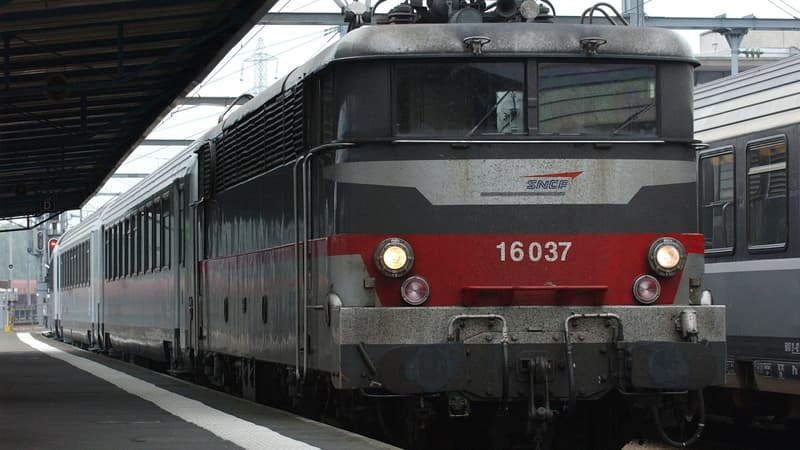Given the rise in prices, the Government is about to take out a new measure to protect purchasing power, this time for public transport. Especially since with rising energy prices, more and more regions (which set the prices for SNCF’s TER/Transilien lines) are seriously considering raising ticket and subscription prices in 2023. .
According to our colleagues Parisian, next year a transport voucher amounting to 50 euros could be introduced. He would target the most modest homes and only commute.
A measure demanded for many months by user associations but which may seem timid in the face of the initiatives deployed by some of our European neighbors.
Spain: free season
In Spain, the measure came into force at the end of August for a period of four months, the device provides free subscriptions on regional and suburban public lines managed by Renfe, the Spanish equivalent of SNCF.
The measure, which could be extended if necessary beyond December 31, affects commuter networks in peri-urban areas of large cities such as Madrid, Barcelona, Valencia or Seville, but also medium-distance trains.
To benefit from this pass, users must deposit a deposit of 10 or 20 euros, which they can later recover provided they make a minimum of 16 trips at the end of December. According to the Spanish railway company, 75 million trips will be free.
The adoption of this pass exceeds expectations. By early September, 500,000 applications had been made.
According to the Government, this measure represents a saving of up to 370 euros per person in Madrid, and 330 in Barcelona, in a country where inflation exceeds 10%.
Germany: from unlimited to 9 euros per month
For three months, between June and the end of August, Germans were able to travel unlimitedly for €9 per month on local and regional networks: train, tram, metro, ferry except for mainline trains.
Once again, the success was unprecedented. Between June and August, some 52 million of these tickets were sold, to which are added more than 10 million existing subscriptions whose prices have been adjusted.
It saved 1.8 million tons of CO2 emissions according to official data. 10% of users indicated that they had given up at least one trip a week usually made by car.
According to official statistics, the number of train users on trips between 30 and 300 kilometers has increased by 42% compared to June 2019.
The government is now working on a new system to take over from this measure, which cost more than 2.5 billion euros.
The SPD parliamentary group offers a 49 euro ticket valid throughout the country for local transport, dividing the ticket equally between the federal government and those of the regions. Others propose the creation of an annual ticket at 365 euros per year, or a small euro per day.
Austria: the Klimaticcket
Launched in 2020, the Austrian Klimaticket sells for 1,095 euros per year (about 3 euros per day), and allows access to all trains, buses, trams and subways (in Vienna) in the country, at will. Whether the operators are public or private.
The success seems to be there since last November, 130,000 cards have been sold but the figure already dates from last May (the country has 8 million inhabitants).
Luxembourg: totally free
The Duchy of Luxembourg went even further. Since February 2020, it makes public transport free, for everyone, residents and foreigners alike, and throughout its territory (except first class).
A measure of 41 million euros per year (financed with taxes) facilitated by the small geographical size of the country. Save around one hundred euros per year and per inhabitant on average.
The other face
In addition to the cost of these measures in the budgets of the countries, their success puts the railway networks to the test. In Germany, trains were overcrowded during holidays or weekends, causing dissatisfaction among users.
The cost of these measures can also have negative consequences on investments in networks, in particular secondary networks, for quality services, because transport operators must be compensated.
Some specialists believe that this type of measure may end up leading to an “impoverishment” of public transport. But it is still too early to draw such conclusions for his followers.
Source: BFM TV


